Summaries of books about Modern Philosophy:

Walden
Henry David Thoreau
The book is a reflection on simple living in natural surroundings, based on the author's two-year experience of self-sufficient living near Walden Pond. It includes philosophical insights on society, economy, and the author's close observations of nature, accompanied by introductions from Bradford Torrey and Raymond Macdonald Alden that provide context and analysis of Thoreau's work.
See full summary
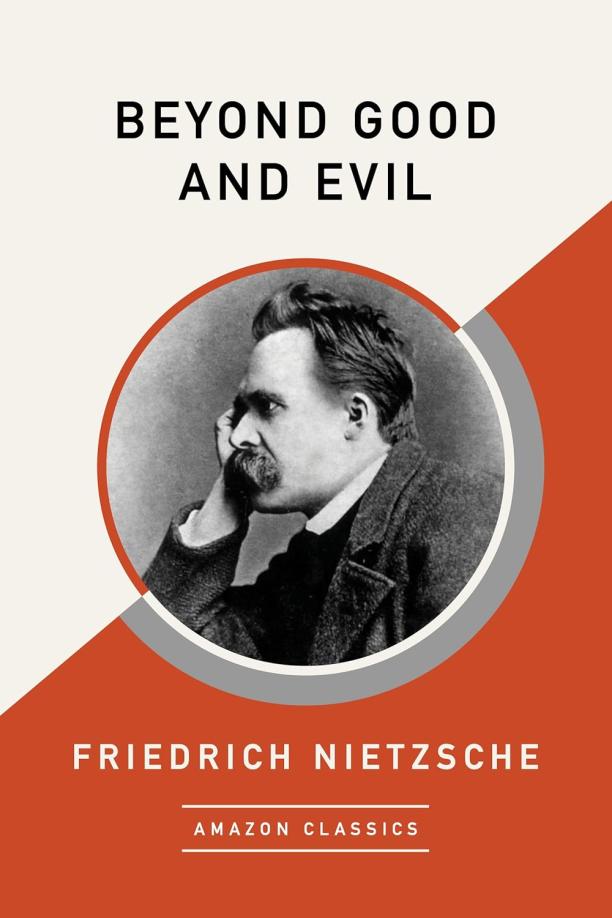
Beyond Good and Evil
Friedrich Nietzsche
The book presents a profound critique of traditional morality and the philosophical foundations of the Western world, advocating for a reevaluation of values based on individual strength and creativity. It explores themes such as the will to power, master-slave morality, and the role of the Übermensch in transcending conventional ethical boundaries.
See full summary
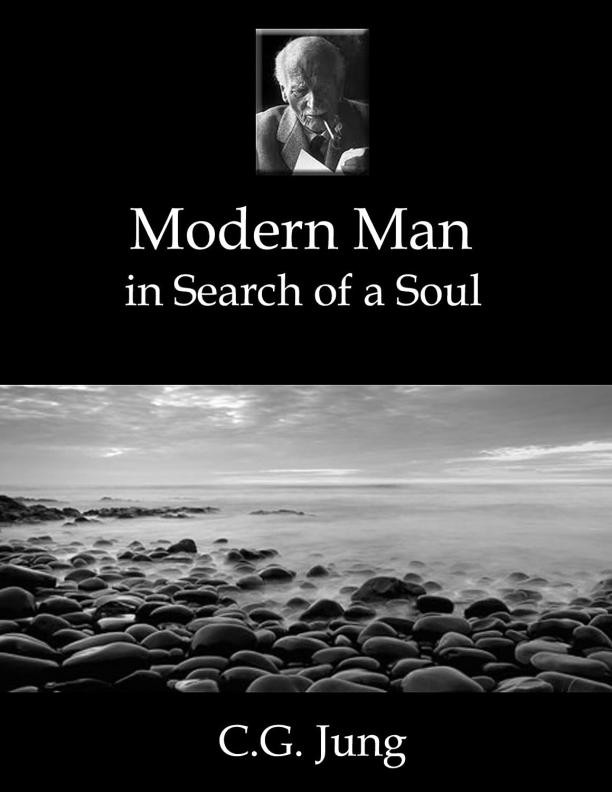
Modern Man in Search of a Soul
Carl Gustav Jung
The book is a comprehensive introduction to the theories of analytical psychology, exploring topics such as dream analysis, the role of the unconscious, and the relationship between psychology and religion. It also discusses the differences between Jung's concepts and Sigmund Freud's psychoanalysis, offering insights into the human psyche and the development of the individual.
See full summary
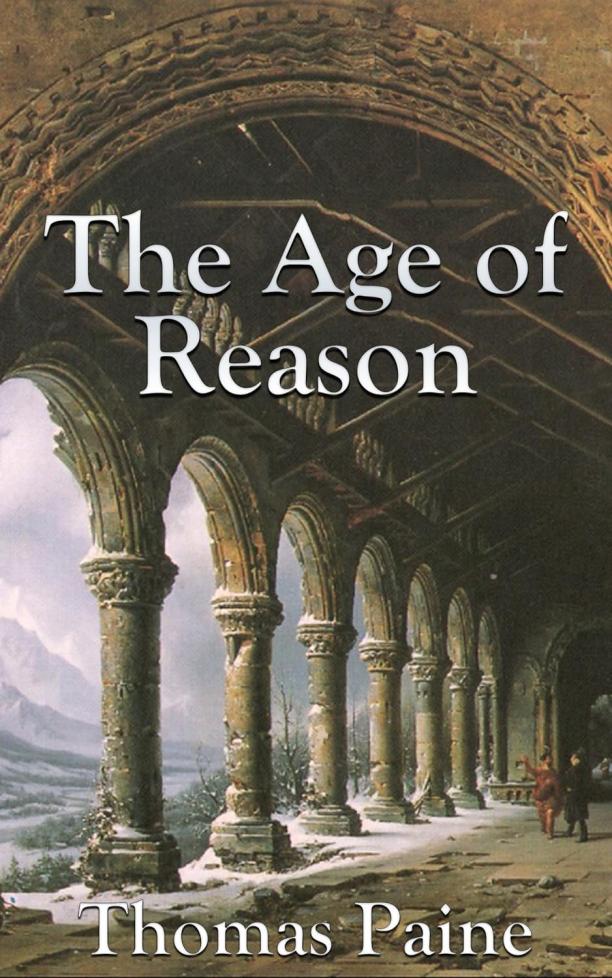
The Age of Reason
Titan Read Classics (Illustrated)
Thomas Paine
The book is a deistic treatise that critiques institutionalized religion and the legitimacy of the Bible, advocating for the primacy of reason and scientific inquiry over faith and dogma. It also explores the nature of God, the natural order, and the role of society in shaping religious beliefs.
See full summary
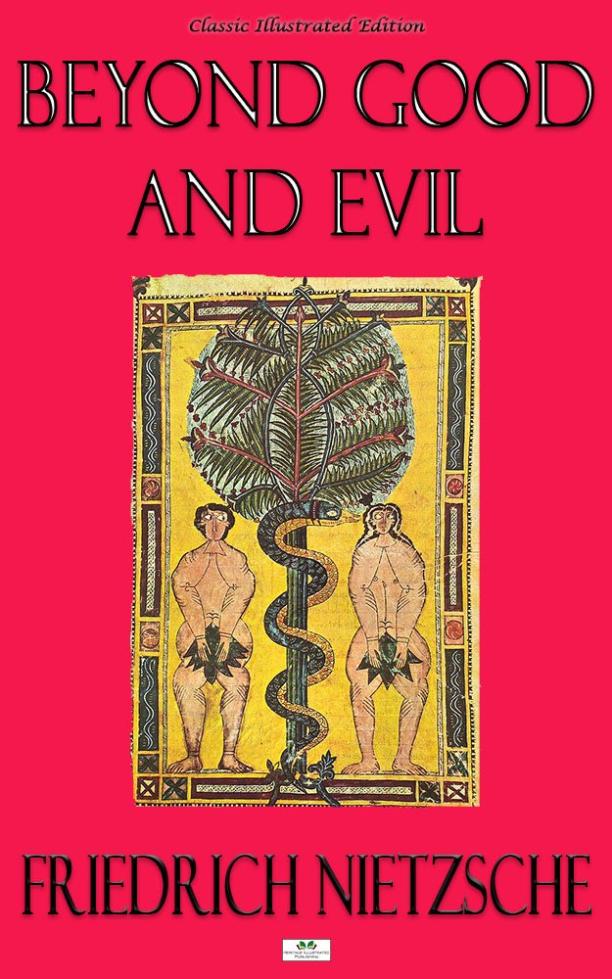
Beyond Good and Evil
Friedrich Nietzsche
The book is a philosophical treatise that explores Nietzsche's critical views on morality, truth, and society, challenging traditional notions of good and evil. It consists of 296 aphorisms, divided into nine chapters, where Nietzsche delves into the psychology of philosophers, criticizes contemporary cultural and intellectual norms, and introduces the concept of the "will to power."
See full summary
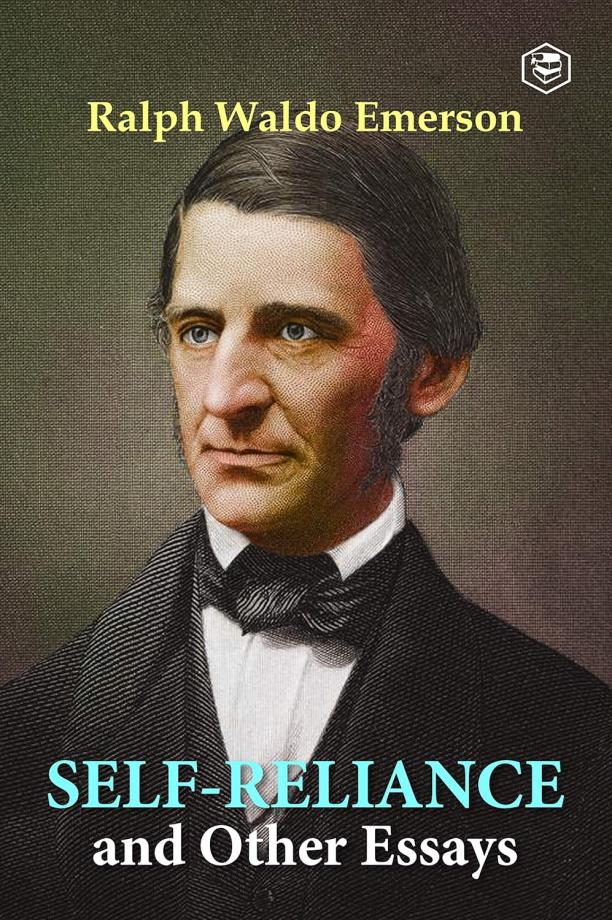
Self-Reliance & Other Essays
Ralph Waldo Emerson
The collection features a series of essays that explore the author's philosophical stance on individualism and personal autonomy, emphasizing the importance of intuition and self-trust as guides for living. It delves into themes such as the nature of the self, the rejection of conformity, and the value of self-expression and independence in society.
See full summary

How to Live
Or A Life of Montaigne in One Question and Twenty Attempts at an Answer
Sarah Bakewell
The book presents a biographical study of Michel de Montaigne, a Renaissance philosopher, through the lens of twenty distinct interpretative essays that explore his approach to living a good life. Each chapter dissects one of Montaigne's questions or themes, offering insights into his thoughts on subjects like death, love, and the nature of the self, while connecting them to modern life.
See full summary

The Will to Power
Friedrich Nietzsche
A collection of notes and unpublished writings, it explores themes such as the critique of morality, the concept of the Übermensch, and the driving force of ambition and achievement. The work delves into the philosopher's ideas on power, nihilism, and the reevaluation of all values.
See full summary
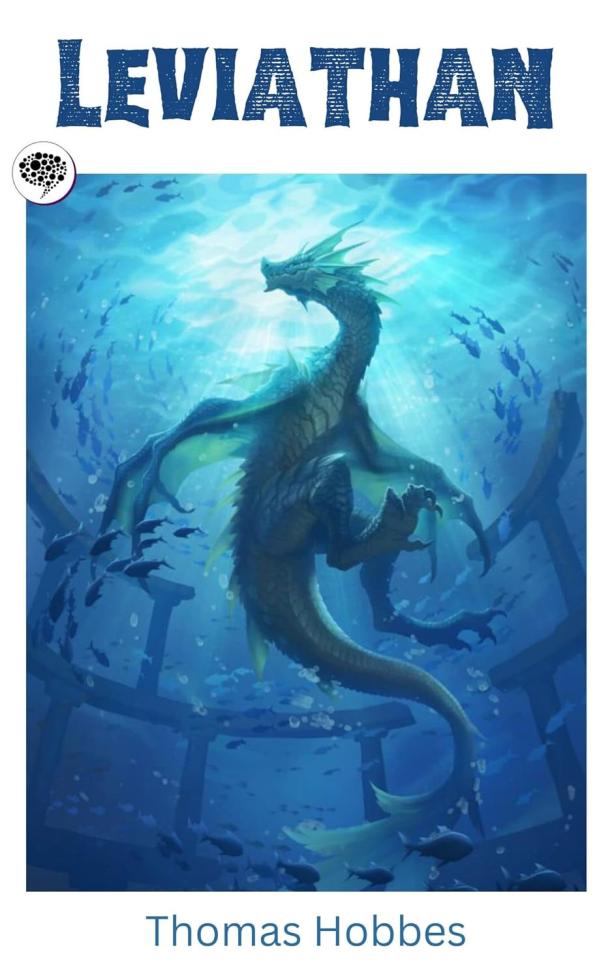
Leviathan
Thomas Hobbes
The book argues that in the absence of political order, human life would be "solitary, poor, nasty, brutish, and short" due to inherent selfishness and violence. It advocates for a social contract and a sovereign authority to maintain peace and prevent civil war.
See full summary

The Critique of Pure Reason
Base Plan for Transcendental Philosophy: One of the most influential works in the history of philosophy - From the Author ... Dreams of a Spirit-Seer & Perpetual Peace
Immanuel Kant, J. M. D. Meiklejohn
The book presents a profound inquiry into the limits and structure of human cognition, arguing that experience is shaped by both sensory input and innate understanding. It introduces key concepts such as the distinction between a priori and a posteriori knowledge, the categories of understanding, and the ideas of space and time as forms of intuition, fundamentally challenging traditional metaphysics and epistemology.
See full summary